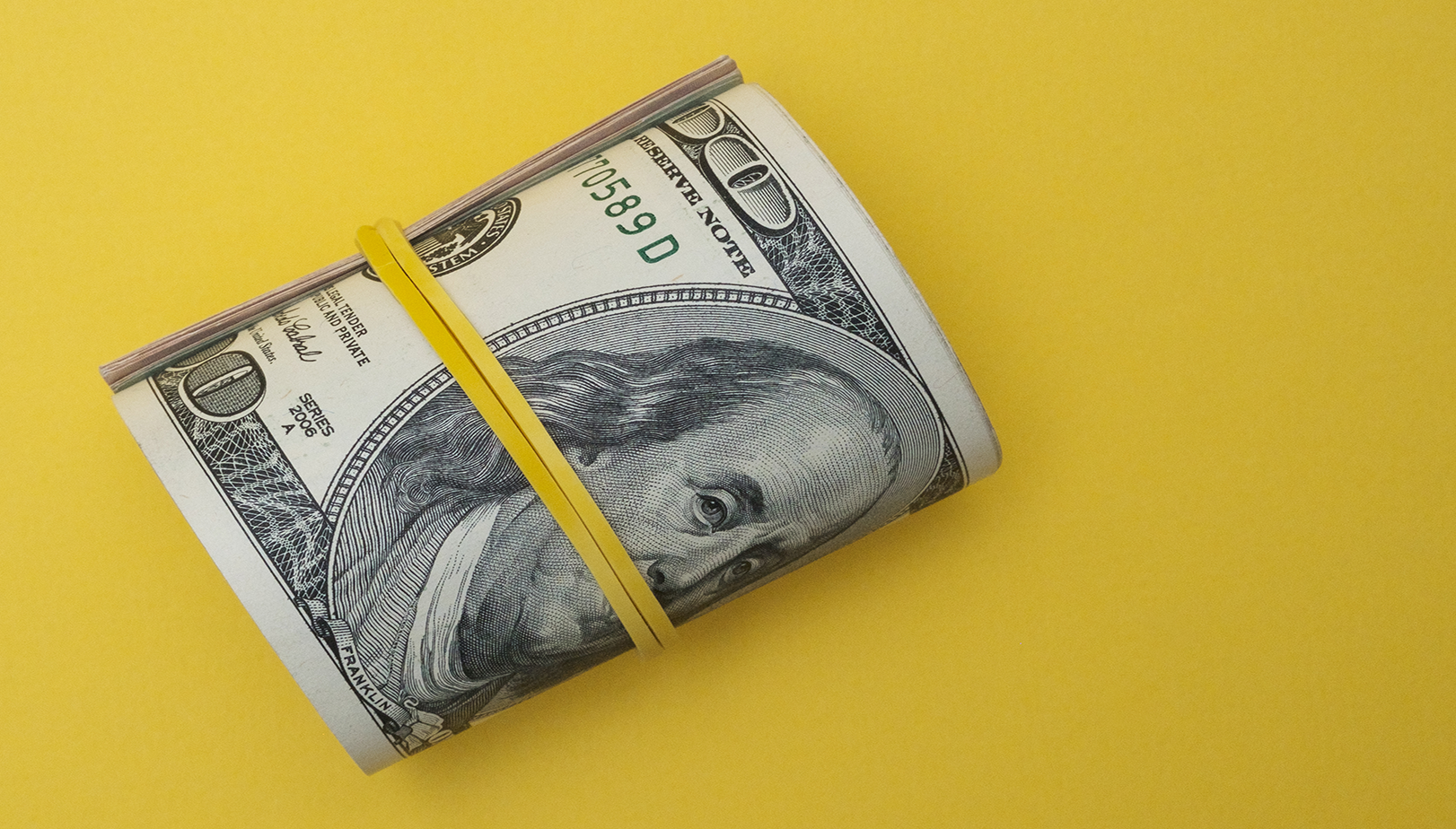Interest rates are a crucial driver of asset prices. The Dow fell over 1,000 points after Fed Chair Jerome Powell said a “restrictive policy stance” was needed to keep the economy from overheating. Earlier, better-than-expected inflation readings acted as catalysts, driving 20% gains in the Nasdaq. Investors believed that these readings would result in a more dovish Fed, and even the idea of a more relaxed policy was enough to support asset prices.
The effect of higher rates is two-fold: first, it raises the cost of borrowing for companies, and second, it reduces the demand for loans as businesses and consumers alike become more cautious about taking on new debt. These effects can lead to slower economic growth and cause a recession.
While private markets are also subject to these same interest rate dynamics, there are a few key ways in which they may be less impacted than the public markets.
Opportunity to Deploy Capital
Both public and private market investors enjoyed an unprecedented bull market following the global financial crisis. Central banks worldwide kept rates low to spur economic activity, and asset prices rose as a result.
Private equity firms took advantage of this low-interest environment to raise large amounts of capital, resulting in an enormous amount of “dry powder” waiting to be deployed. Now, buyout firms can find undervalued companies and assets will be well-positioned to generate solid returns for their investors.
That’s one reason private equity funds fared better than public markets in both the Great Recession and the dot-com bubble. Moreover, research shows that only 2.8% of buyout funds experienced catastrophic losses during recessions, compared to 40% of stocks.
Access to Long-Term Financing
Private equity firms also have access to a significant amount of long-term capital from large institutional investors, such as pension funds and insurance companies. These investors have a long-term outlook and are looking for diversification away from traditional asset classes like stocks and bonds.
Of course, private markets are not immune to the effects of higher interest rates. Portfolio companies will be impacted by the higher energy, labor, and goods cost. Additionally, leveraged buyouts become more expensive when rates rise.
Nevertheless, private equity firms are well-positioned to weather the storm and take advantage of opportunities that may arise from a shift in market conditions.
Market Consolidation
Another impact of higher interest rates is that it may lead to consolidation in the private equity industry. Larger firms will be able to compress fees and have more dry powder to invest in. This will pressure smaller firms that are less diversified and more reliant on debt financing.
Smaller firms need to re-strategize and find ways to differentiate themselves to survive. For example, firms may focus on specific sectors or geographies where they have a competitive advantage.
Takeaways
Higher interest rates will have an impact on both public and private markets. However, private markets are better positioned to weather the storm due to the ability to deploy large amounts of capital and the access to long-term financing that’s not tied to quarterly reporting. Market consolidation is likely to occur, with larger firms becoming more dominant in the industry.
Investors should consider allocating more capital to private equity and other alternative investments to take advantage of these trends. Gridline is a digital wealth platform that provides a curated selection of professionally managed alternative investment funds and enables access for individual investors and their advisors to gain diversified exposure to non-public assets with lower capital minimums, lower fees, and greater liquidity.
